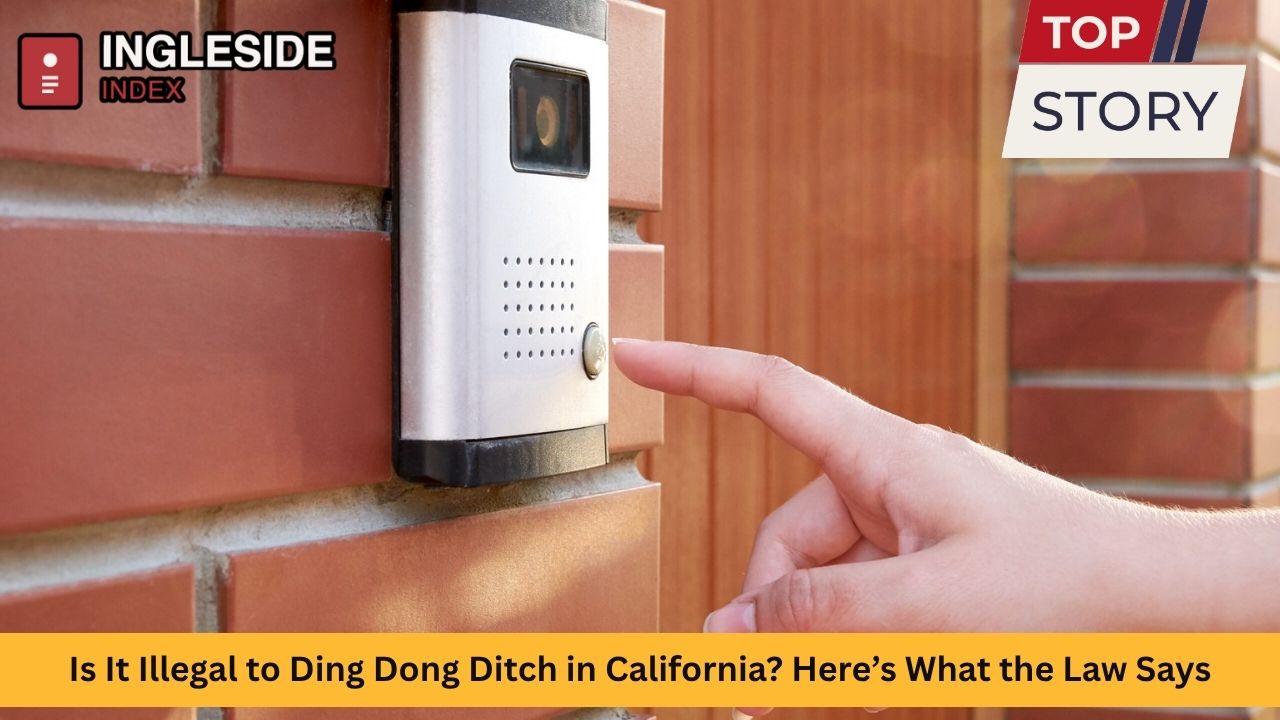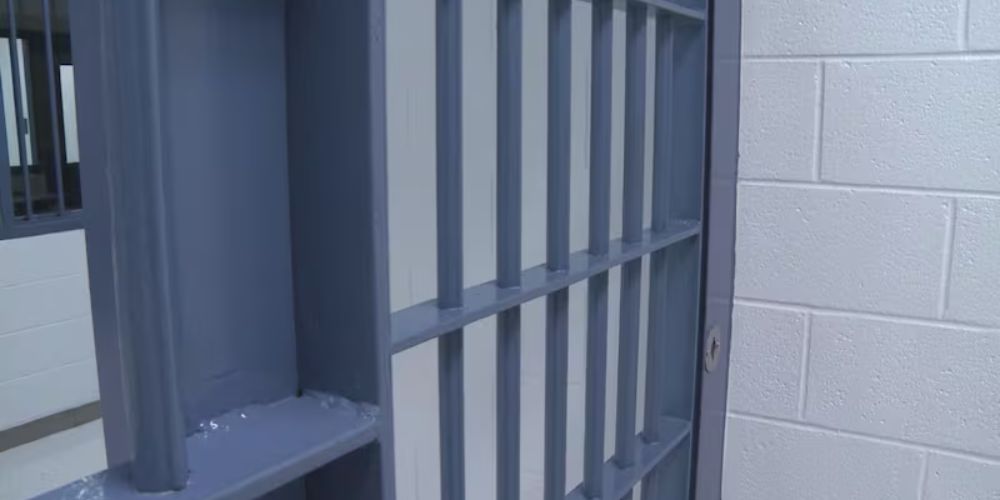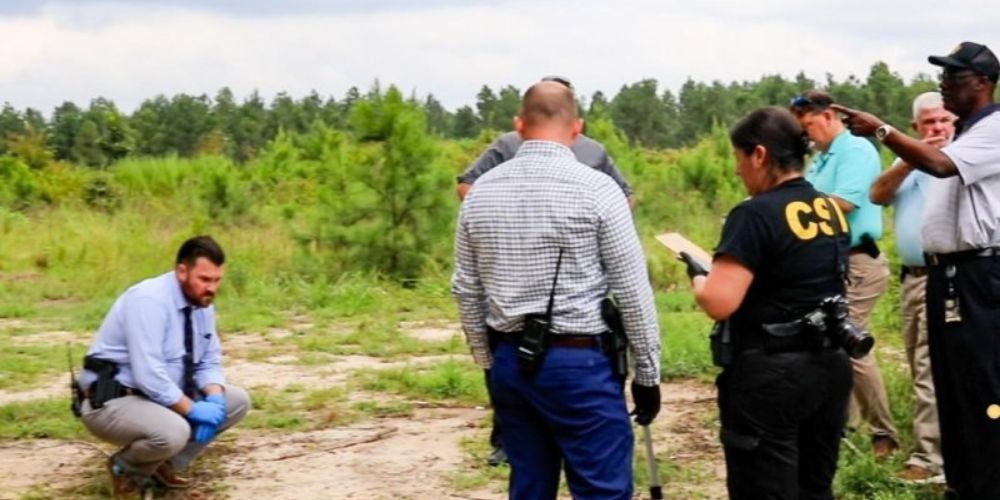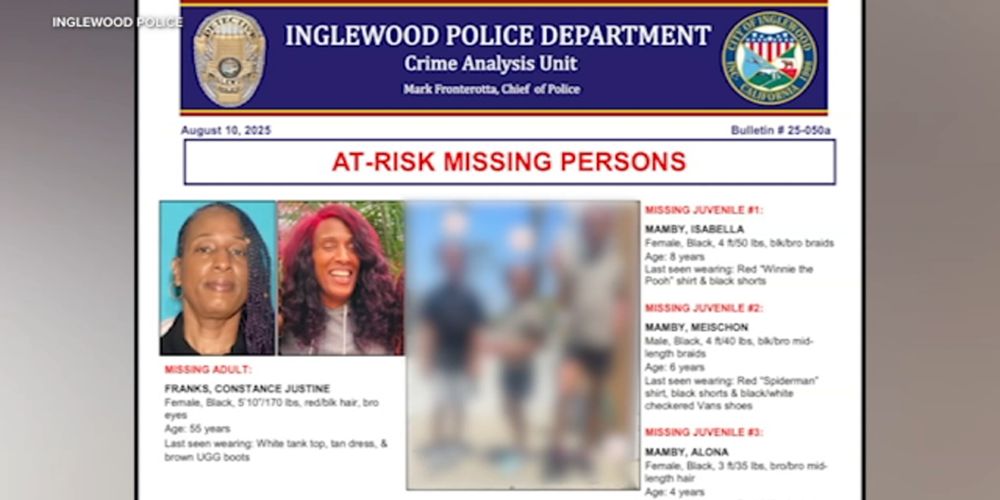Ding dong ditch—the childhood prank of ringing a doorbell and running away—is seen by some as harmless fun, while others view it as a nuisance or even a potential threat. In California, a state with strong privacy laws and diverse community standards, this seemingly innocent act can quickly turn into a legal issue. Whether in Los Angeles, San Diego, Sacramento, or smaller towns, understanding the law is key to avoiding unintended consequences.
What Is Ding Dong Ditch?
Ding dong ditch, also called “doorbell ditch” or “knock, knock, ginger,” involves someone ringing a doorbell or knocking and then fleeing before the resident answers. Though often portrayed in movies and TV as a harmless childhood prank, reactions in real life can range from laughter to legal action—especially in communities with heightened concerns about security and privacy.
Is Ding Dong Ditch Illegal in California?
No Specific Statewide Ban
California does not have a law specifically banning ding dong ditch. However, several existing statutes—covering trespassing, disorderly conduct, vandalism, and harassment—can apply depending on the nature and frequency of the act.
Context Matters
The prank itself might not be illegal the first time, but repeat offenses, property damage, or causing fear can cross legal lines. Law enforcement evaluates the intent, repetition, and impact of the behavior to determine if charges are appropriate.
Trespassing Laws and Ding Dong Ditch
California Penal Code §602: Criminal Trespass
Under Penal Code §602:
-
Entering or remaining on private property without permission is considered trespassing.
-
Ignoring “No Trespassing” signs or previous warnings makes the act legally actionable.
-
One-time pranks may result in a warning, but repeated incidents can escalate to misdemeanors.
Possible Penalties
-
First offense: Fine up to $75.
-
Second offense: Fine up to $250.
-
Misdemeanor trespass: Up to 6 months in jail and $1,000 fine.
-
Aggravated trespass (involving threats): Up to 3 years in jail.
In cities like Fresno, where community watches are active, repeated incidents may prompt police to intervene and file charges.
Disorderly Conduct and Harassment Charges
Disturbing the Peace
If ding dong ditch is part of ongoing, disruptive behavior, it can be classified as disorderly conduct. This is especially true in cases where:
-
Multiple homes are targeted.
-
The activity occurs late at night or during quiet hours.
-
It causes community disruption or emotional distress.
Harassment Laws
Targeting specific individuals repeatedly with the intent to annoy, frighten, or cause emotional harm can qualify as harassment, especially if the prank continues after warnings. Areas like Anaheim and Bakersfield have reported such incidents leading to legal action.
When Ding Dong Ditch Leads to Vandalism
California Penal Code §594: Vandalism
If the prank results in property damage—such as broken doorbells, trampled landscaping, or graffiti—the prankster may be charged with vandalism. According to Penal Code §594:
-
Damage under $400 = Misdemeanor.
-
Damage over $400 = Felony, punishable by up to 1 year or more in jail and fines up to $10,000.
Cities like San Francisco and Riverside have seen ding dong ditch escalate into vandalism cases, especially during Halloween or summer breaks.
High-Profile Case: When Pranks Turn Tragic
In 2020, a tragic incident in Corona (Riverside County) drew national attention when a resident fatally attacked teenagers involved in ding dong ditch. The situation ended in a deadly car chase, highlighting how pranks perceived as harmless can have devastating consequences when misinterpreted or escalated.
Local Ordinances Across California
Although the state does not outlaw ding dong ditch, local laws vary:
-
Beverly Hills and Santa Monica: Stricter laws on loitering and property entry.
-
San Diego: Homeowners’ associations (HOAs) may fine pranksters or involve police.
-
Irvine and Palo Alto: Enhanced surveillance leads to quicker enforcement and community alerts.
Always check with your city hall or local police department to understand local policies.
Seasonal Trends and Reports
When Pranks Spike
Ding dong ditch tends to increase during:
-
Halloween season
-
School breaks
-
Summer evenings
Cities like Los Angeles, Long Beach, and Sacramento see spikes in non-emergency police calls tied to suspicious activity during these times.
Youth and Property Crimes
According to the California Department of Justice:
-
Minors are disproportionately involved in trespassing and mischief crimes.
-
Doorbell cameras and community surveillance have contributed to a decline in youth-related property crime reports.
Why Some Residents Report the Prank
Differing Reactions
For some residents, it’s just a harmless prank. But others—especially seniors or residents in high-crime neighborhoods—may feel:
-
Threatened
-
Targeted
-
Emotionally distressed
With widespread use of smart doorbells in Chula Vista, Palo Alto, and Fresno, pranksters are increasingly recorded and reported.
Community Sharing and Social Media
Neighborhood apps like Nextdoor often circulate videos of ding dong ditchers, raising community awareness but sometimes also heightening tensions.
Police Response: What Happens If You Get Caught?
First-Time Offense
-
Warning issued
-
Parents contacted if minors are involved
-
Possible referral to juvenile diversion programs
Repeat or Serious Offenses
-
Citations or misdemeanors
-
Involvement with school discipline boards
-
In Ventura or Redlands, law enforcement may pursue charges if harassment or damage is involved.
School and Parental Consequences
School Disciplinary Action
-
Public schools in LAUSD, Orange County, and Shasta County have issued detentions, suspensions, and security interventions for on-campus or adjacent pranks.
Financial Liability
-
Parents may be liable for any property damage.
-
HOAs or neighbors may pursue civil action for restitution or repairs.
Tips for Parents and Pranksters
If you or your child is considering ding dong ditch:
-
Avoid houses with No Trespassing signs
-
Never repeat the prank at the same house
-
Respect property and privacy
-
Know that video surveillance is likely
-
Educate children on consequences, both legal and social
If you’re a homeowner:
-
Post clear signage
-
Install smart cameras or floodlights
-
Join neighborhood watch programs
-
Approach situations calmly
-
Call law enforcement only if pranks are repeated or threatening
Technology’s Impact: Doorbells and Viral Moments
Smart doorbells like Ring and Nest are now widespread across California. They:
-
Catch pranksters in real-time
-
Alert homeowners and neighbors
-
Provide footage for law enforcement
Meanwhile, social media has turned many pranks into viral moments—sometimes fueling community discussions, misunderstandings, or public shaming.
When Ding Dong Ditch Turns Dangerous
Although rare, some pranks lead to violence:
-
Homeowners may react aggressively
-
Pranksters may be injured fleeing from scenes
-
Accidents involving vehicles or property damage can occur
Parents and pranksters alike should understand that not everyone responds with a sense of humor—and some may react with force.
Legal Defenses If Charged
Common defenses in court include:
-
Lack of intent to harass or damage
-
No signage or warning
-
Reasonable misunderstanding of property boundaries
Still, legal outcomes depend on local interpretation and the facts of each case. In places like Beverly Hills or San Jose, stricter enforcement could lead to harsher results. Legal counsel is always advised if charges arise.
Conclusion
Ding dong ditch may seem like a harmless prank, but in California, the law sees shades of gray. While not outright illegal, it can trigger trespassing, harassment, vandalism, or disorderly conduct charges—especially with repeated incidents, damage, or emotional impact.
Whether you’re a prankster, parent, or property owner, it’s important to know your rights, understand local laws, and act with awareness. In a time of smart doorbells and viral videos, the stakes are higher than ever. A little caution and a lot of respect go a long way toward keeping neighborhoods peaceful—and pranksters out of legal trouble.











Leave a Comment